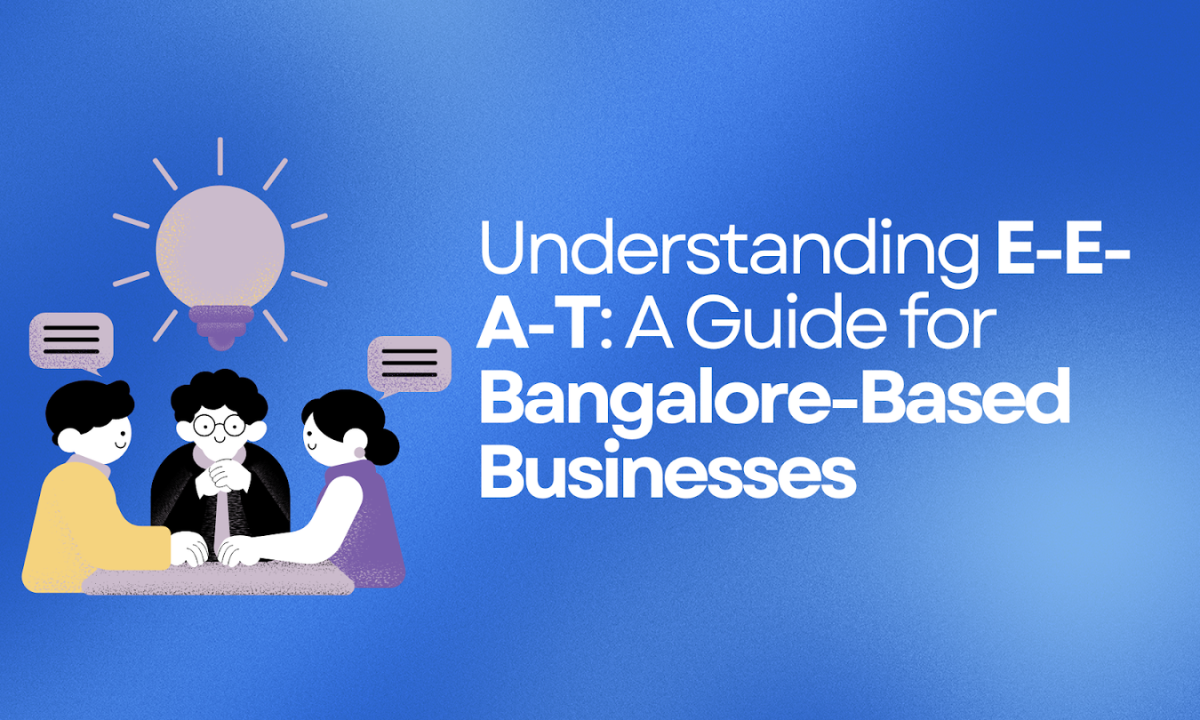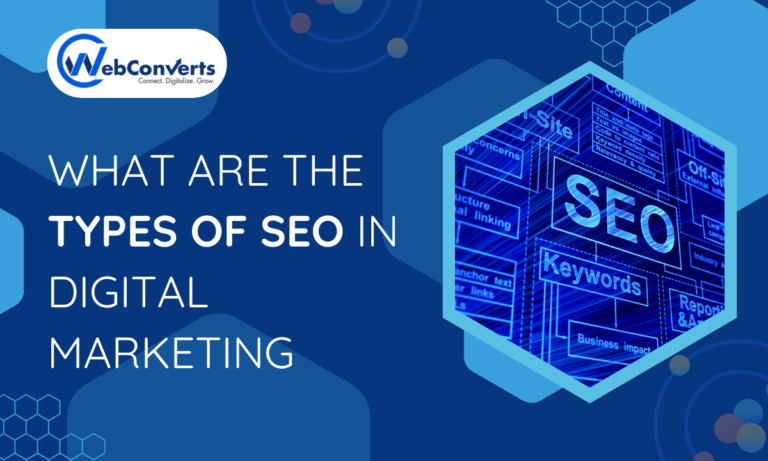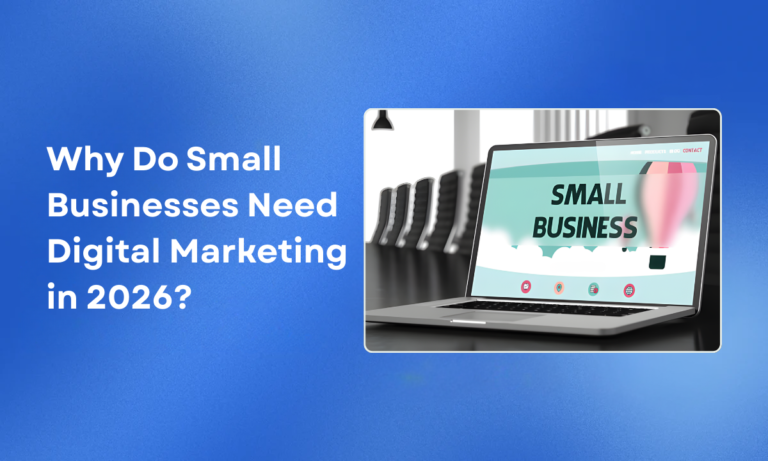EEAT (Experience, Expertise, Authoritativeness, and Trustworthiness) has become the cornerstone of online credibility. For Bangalore-based businesses competing in tech, healthcare, e-commerce, and other knowledge-driven sectors, mastering these principles isn’t just good practice—it’s essential for survival in search rankings.
Google’s Search Quality Rater Guidelines emphasize E-E-A-T as a critical ranking factor, especially for YMYL (Your Money or Your Life) pages. Consider these eye-opening facts:
- Websites with strong E-E-A-T signals see up to 58% higher organic traffic (Search Engine Journal)
- 74% of users assess a company’s credibility based on its online content (Stanford Research)
- In Bangalore’s hyper-competitive market, businesses without clear expertise markers lose up to 40% of potential leads to better-positioned competitors
This guide isn’t about gaming the system—it’s about building genuine digital authority. Whether you’re a SaaS startup in Koramangala or a healthcare provider in Indiranagar, understanding what E-E-A-T is in SEO and implementing Google’s E-E-A-T guidelines will help you:
- Rank higher for competitive keywords
- Convert more visitors into customers
- Establish long-term trust in Bangalore’s sophisticated digital marketplace
Let’s break down how to make E-E-A-T work for your business.
What is E-E-A-T in SEO? Decoding Google’s Credibility Framework
At its core, E-E-A-T represents Google’s blueprint for evaluating content quality. It’s evolved from the original E-A-T (Expertise, Authoritativeness, Trustworthiness) to include Experience, recognizing firsthand knowledge as a ranking signal.
This means your website must demonstrate more than just surface-level information. A SaaS company’s blog quoting generic cloud computing trends won’t cut it – but one featuring CTO-authored tutorials with real deployment case studies will.
Breaking Down the Components
Experience now sits at the forefront. Google prioritizes content creators with practical, lived expertise. A Bangalore dermatology clinic ranking for “acne treatments” should showcase before/after photos from actual patients, not stock images.
Expertise requires provable qualifications. An AI startup’s whitepaper carries more weight when the author’s IIT background and patent filings are visible. This is especially crucial for Bangalore’s competitive B2B sectors, where clients vet credentials meticulously.
Authoritativeness builds through third-party validation. When major tech portals like YourStory link to your Bangalore startup’s research, it signals industry recognition. Even local credibility markers, like speaking at NASSCOM events, strengthen this pillar.
Trustworthiness forms the foundation. Broken SSL certificates or vague “About Us” pages raise red flags. Bangalore-based fintechs and healthtechs must particularly prioritize security badges, transparent pricing, and verified client testimonials.
Why This Matters for Bangalore Businesses?
The city’s dense digital ecosystem means competition for every search query. A cursory “what is E-E-A-T in SEO” understanding won’t suffice when:
- 62% of Bangalore tech buyers research 3+ vendors before contacting (Gartner)
- Local service searches include “best” modifiers 73% more often than other metros (Moz Data)
Your website isn’t just competing on features anymore – it’s being judged on its ability to demonstrate deeper, verifiable value.
This framework isn’t about shortcuts. As we’ll explore next when examining Google’s E-E-A-T guidelines, it’s about systematically building digital credibility that both search engines and discerning Bangalore customers reward.
Google’s E-E-A-T Guidelines | A Playbook for Bangalore Businesses
Google doesn’t just suggest E-E-A-T—it mandates it through its Search Quality Rater Guidelines. These 175+ page documents train human evaluators to assess sites, creating a blueprint for what ranks. For Bangalore businesses, ignoring these standards means losing visibility to competitors who implement them strategically.
The guidelines particularly emphasize Your Money or Your Life (YMYL) pages—content that impacts health, finances, or safety. A Bangalore fertility clinic’s treatment page or a fintech startup’s investment advice must meet higher E-E-A-T bars than a restaurant’s menu. Google’s raters score pages on “beneficial purpose” and “expertise demonstration.”
Practical Implementation Strategies
Start with creator qualifications. A cybersecurity firm’s blog post about Bangalore’s threat landscape should show the author’s CISSP certification and years of securing local enterprises. Google explicitly instructs raters to verify “whether the creator has the necessary expertise.”
Build authority through external signals. When a Bangalore AI startup gets cited in Analytics India Magazine or TechCircle, it creates the “expert consensus” Google seeks. Even local recognition—like featuring on Namma Bangalore podcasts—strengthens this pillar.
Trust Signals That Move the Needle
Transparency is non-negotiable. Bangalore users increasingly check:
- Detailed “About Us” pages with team bios and office addresses
- Clear date stamps showing updated content (critical for tech/medical info)
- Unedited user reviews with genuine pros/cons
For YMYL businesses, third-party verification matters most. A Bangalore financial advisor should display SEBI registration numbers prominently, while hospitals need visible NABH accreditations.
The Bangalore Advantage
The city’s dense professional networks offer unique E-E-A-T opportunities:
- Partner with local academia (IISc, IIMB) for co-authored research
- Showcase client logos from Bangalore’s Fortune 500 companies
- Participate in NASSCOM/TIE events for industry validation
Google’s guidelines reward this localized expertise. A generic “IT services” page won’t compete with content demonstrating deep Bangalore market knowledge, like a breakdown of Whitefield’s infrastructure challenges for ERP deployments.
Audit Your Current Standing
Use this checklist to assess compliance:
- Do author profiles list relevant Bangalore experience?
- Are claims backed by citable data or credentials?
- Does the site architecture inspire trust (HTTPS, contact clarity)?
Next, we’ll explore how to weave E-E-A-T into your content strategy—moving beyond compliance to competitive advantage.
Baking E-E-A-T into Your Content Strategy
Content is the vehicle for E-E-A-T, but most Bangalore businesses miss the mark by focusing only on keywords. Here’s how to structure content that satisfies both algorithms and discerning local audiences:
Creator-Centric Content Development
Google’s 2024 updates prioritize who writes over what’s written. A generic “10 SEO tips” article holds little weight compared to a CTO’s technical deep dive on “Scaling SaaS Platforms in Bangalore’s Cloud Ecosystem.”
- Byline Strategy: Feature author bios with credentials (“Ex-AWS architect with 8 years optimizing Infosys’ cloud infrastructure”)
- First-Person Experience: Case studies outperform theory. Show your Bangalore team solving real problems for local clients
Formats That Demonstrate E-E-A-T
Original Research
Publish data unique to Bangalore’s market:
- “2024 Survey: Bangalore Tech Hiring Trends” with responses from 100 local startups
- “Electric Vehicle Adoption in Whitefield” with traffic camera analytics
Expert Collaborations
Co-create content with:
- IISc professors for deep-tech pieces
- Practising doctors for healthcare content
- RBI-certified financial planners for wealth management guides
Trust-Building Content Architecture
- Transparent Updates: Label outdated posts (“This 2022 pricing guide was updated July 2024”)
- User-Generated Proof: Embed verified client video testimonials
- Security Badges: Display SSL, payment gateway certifications prominently
Localizing for Bangalore’s Audience
A generic “Best CRM Software” post won’t resonate like:
- “How Bangalore Startups Are Using AI-Driven CRMs to Reduce Churn”
- “Case Study: Implementing Salesforce at a Koramangala-Based EdTech”
Measuring E-E-A-T Impact
Track beyond rankings:
- Time on Page: High E-E-A-T content keeps Bangalore readers engaged 2-3x longer
- Backlink Quality: Authority sites linking to your research
- Conversion Lift: Trust signals reducing cart abandonment
This strategic approach transforms content from SEO filler to competitive advantage. In our final section, we’ll explore how Bangalore Businesses Can Use E-E-A-T across their digital presence.
Implementing E-E-A-T: A Bangalore Business Roadmap
For Bangalore companies, E-E-A-T isn’t theoretical—it’s an operational mandate. Here’s how to translate principles into measurable actions:
Step 1: The E-E-A-T Audit
Conduct a brutal honesty check:
- Author Pages: Do they list Bengaluru-specific experience? (e.g., “Managed IT infrastructure for 3 MG Road-based banks”)
- Content Gaps: Where do competitors demonstrate stronger expertise? Run a gap analysis for your niche
- Trust Signals: Missing security badges? Vague “About Us” pages? These hurt more in Bangalore’s skeptical market
Step 2: Build Your Credibility Assets
For Expertise:
- Publish an annual “Bangalore Tech Salary Report” with primary data
- Create certification badges (“Certified by Karnataka FinTech Association”)
For Trust:
- Implement real-time doctor/CA availability status for service pages
- Add founder video explanations of complex processes
Step 3: Localize Your Proof Points
Bangalore audiences respond to:
- Geo-Tagged Case Studies: “How we reduced server costs for a Whitefield-based gaming startup”
- Local Media Features: Pursue bylines in Bangalore Mirror or Deccan Herald’s business section
- Community Engagement: Sponsor/participate in events like Bengaluru Tech Summit
Step 4: Operationalize E-E-A-T Across Teams
- Sales: Train reps to cite your E-E-A-T assets during pitches
- HR: Highlight credentials in recruitment campaigns
- Product: Build trust indicators into interfaces (e.g., “8,000 Bangalore users trust this feature”)
Step 5: Measure & Iterate
Track:
- E-E-A-T Scorecard: Rate pages monthly on expertise demonstration
- Behavioral Metrics: Pages with strong E-E-A-T should show lower bounce rates
- Conversion Impact: Premium services with credential displays convert 30-50% better
Conclusion
E-E-A-T isn’t just another SEO buzzword—it’s the foundation of sustainable online success. In a market where 73% of buyers vet 3+ vendors before engaging (Gartner), demonstrating Experience, Expertise, Authoritativeness, and Trustworthiness can mean the difference between ranking on page one or disappearing into obscurity.
For businesses ready to operationalize these principles but lacking bandwidth, partnering with an SEO company in Bangalore that understands both technical SEO and local market nuances can accelerate results.
Your website shouldn’t just talk about expertise—it should scream it to every visitor and algorithm. Start implementing these E-E-A-T strategies today to future-proof your Bangalore business in an increasingly competitive digital world.





